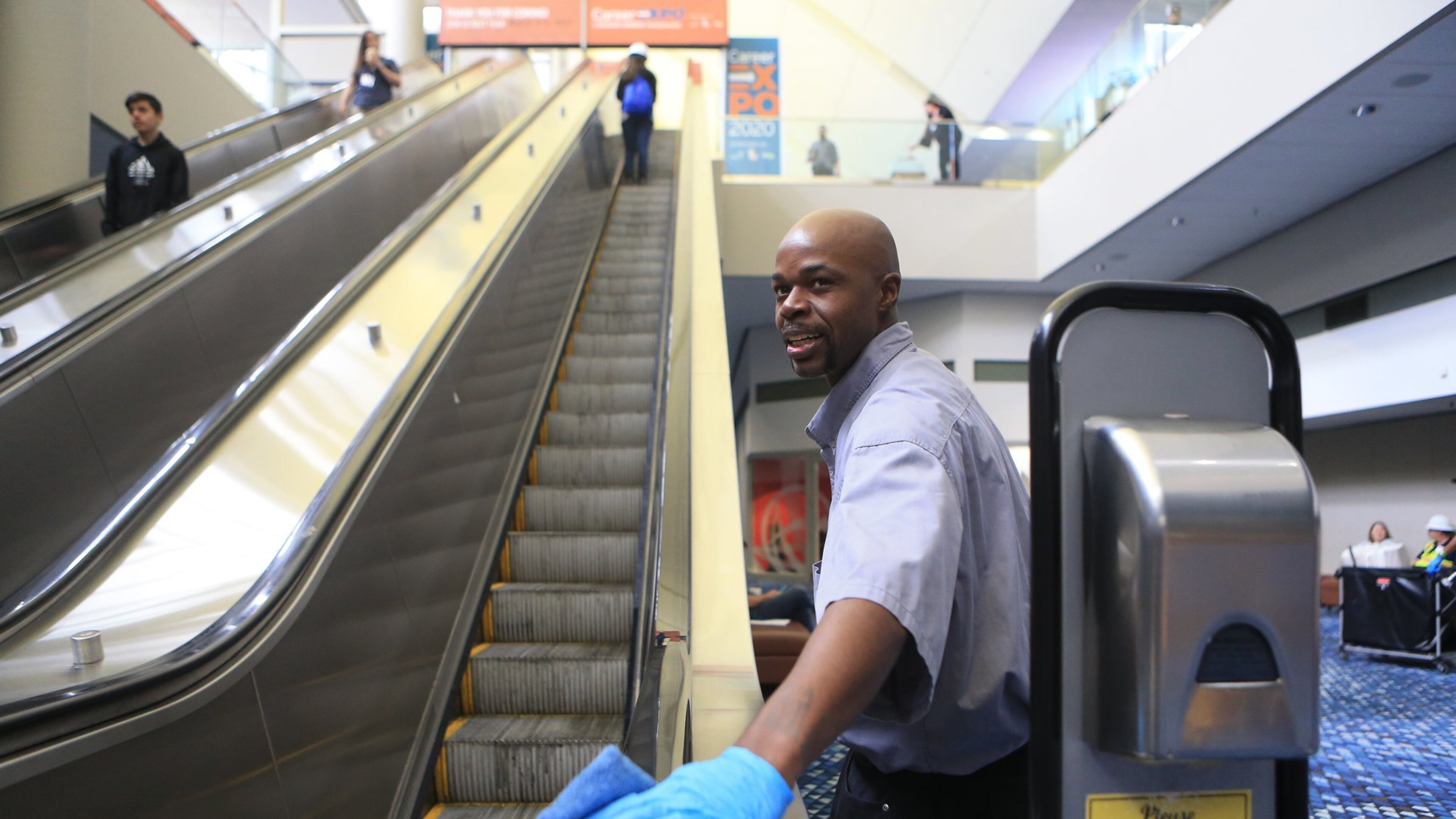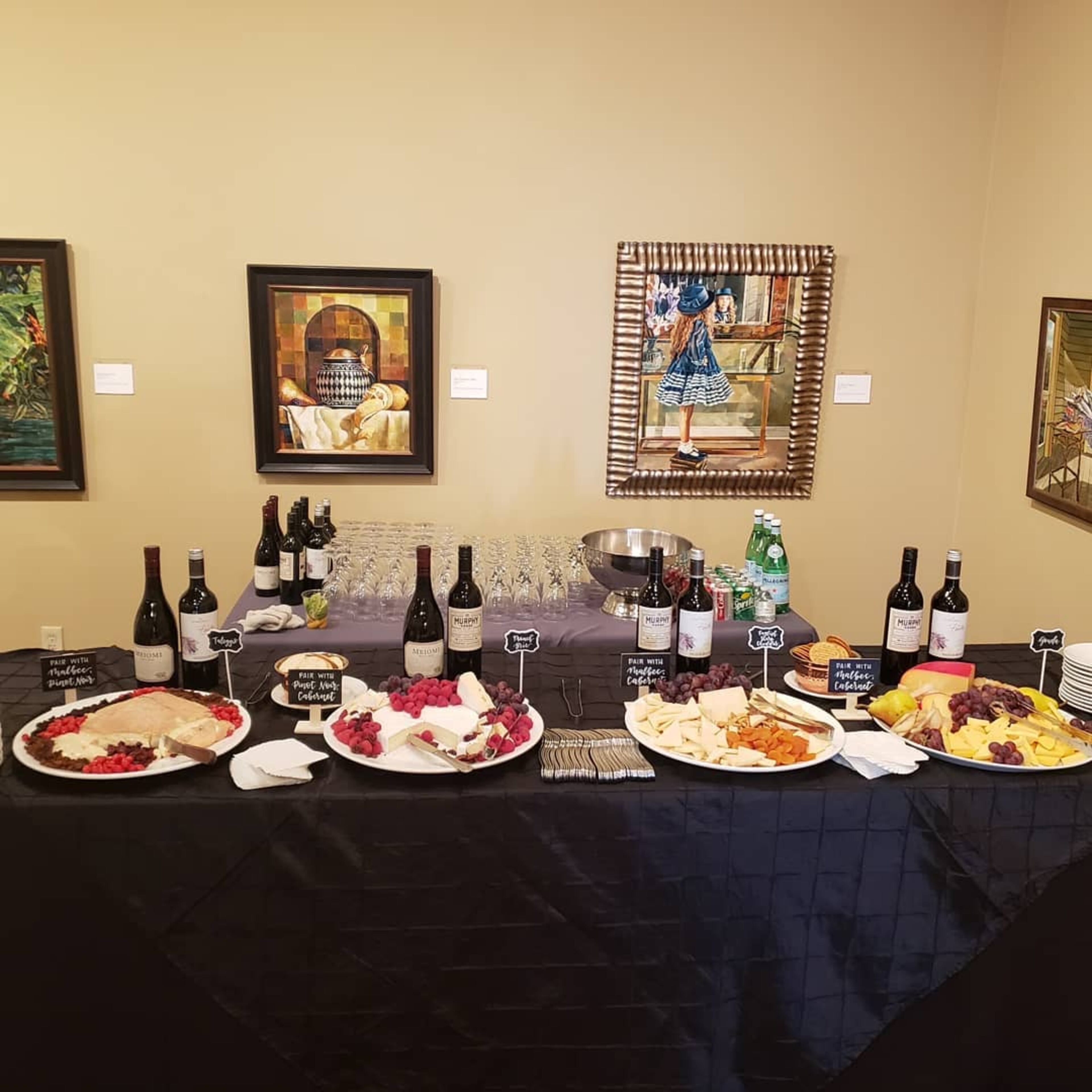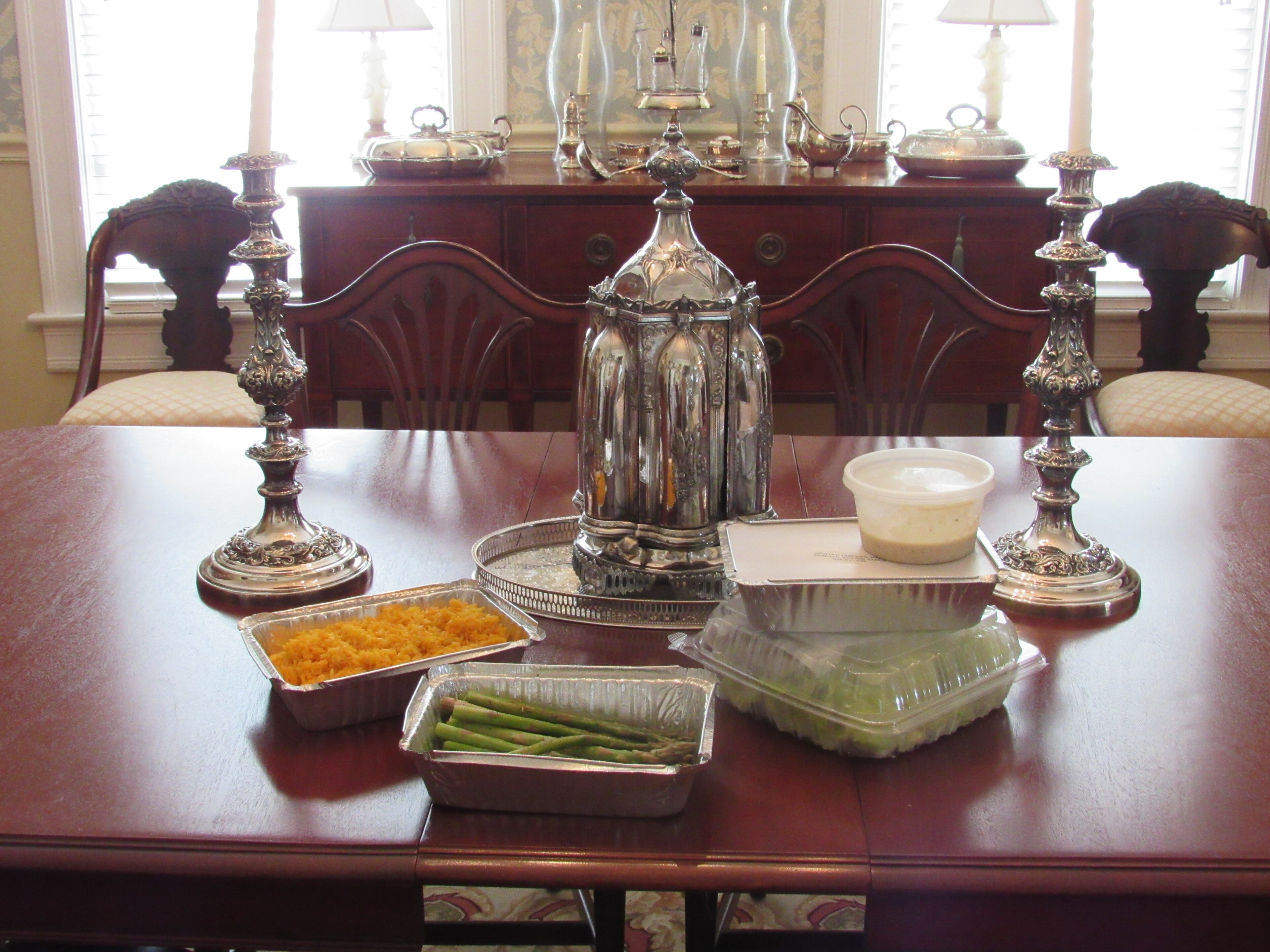Coronavirus crushes caterers

Last week in Las Vegas, the mood at a catering conference turned sour like a blackjack table seeing a stream of bad cards. The Special Event show at Mandalay Bay took place Monday, March 9 through Thursday, March 12, a week in which every day brought new bans on events and restrictions on gatherings across the country.
"Everything for the next two months is canceled," said Erin Lis, vice president of sales and marketing at Added Touch Catering in Dunwoody, who attended the conference. "Some people lost millions in contracts over the course of the week. Some actually just closed down their businesses."
» COMPLETE COVERAGE: Coronavirus in Georgia
The effects of the COVID-19 pandemic on the restaurant industry have been well-cataloged in recent days as some states and cities have shut down in-person dining altogether. The economic ripple effect is expected to be widespread and severe; Georgia alone is home to 19,700 restaurants that employ about 500,000 people. Restaurant owners expect a 50%-70% drop in business.
If that sounds like a bloodbath, it’s nothing compared to what caterers are facing. Even if most clients did not cancel events, guidance from the CDC and federal government have steadily lowered the advised maximum size of gatherings, followed by outright bans in some states and municipalities, including Atlanta and Brookhaven. The most recent recommendation from the White House is to avoid gatherings of more than 10 people - barely the size of a sparsely-attended cocktail party.
With such restrictions in place for the next several weeks at least, the outlook for caterers is pessimistic in the extreme. "The biggest caterers are going to suffer the most. They're getting hit from all directions," said Deborah VanTrece, owner of the Catering Company by VanTrece and the restaurant Twisted Soul Cookhouse and Pours.
Larger catering companies have more expensive brick-and-mortar facilities and full-time staff. They often have contacts in place with large event venues that must feed thousands of people on a daily or weekly basis - exactly the kinds of events now discouraged by the CDC and banned across the country. “The amount of money they’re losing right now is astronomical; there’s no comparison between the amount of business the big caterers do and individual restaurants when you think about the size of the events and the contracts,” said VanTrece.
The anonymous nature of caterers may hurt them as well. Catering companies tend to be behind-the-scenes, so they are unlikely to experience the same outpouring of customer goodwill as restaurants, which are much more visible and have obvious ties to their communities. VanTrece said that when she got her start, she exclusively planned to be a caterer, but her first landlord made her open a restaurant as a condition of renting the space. “That little 20 or 30 seat restaurant was the best marketing tool I could have asked for,” she said of her first restaurant, Edible Art Cafe and Catering.
Neither contracts or insurance are likely to save caterers, either. According to VanTrece, business insurance for catering companies tends to be geared towards protecting caterers from liability in case of an incident at a third-party venue. And for larger companies who have major contracts, the event venues who are their clients are suffering from the same restrictions on public gatherings.

For some caterers, especially smaller companies or individuals, there may be options available, such as selling boxed lunches, family dinners, meal kits and more.
Carriage House Catering in Marietta, familiar to many thanks to providing fare at Cobb-Marietta Museum of Art's popular "Martinis & Music" nights, typically stays booked with events like weddings and charitable functions. These days, owner Jeff Brister and his team are working on a less elaborate affair: dinnertime. With so many events canceled, Brister is providing simple meals for pickup or delivery. Community members have created such demand that Brister was sold out on Wednesday. By Thursday, he had switched to taking online orders rather than individual requests.
"We are taking 100 orders a day and I cannot keep up with that many emails," he said.
They’re sold out again for Friday.
"Thank you Marietta!" a notice on the Carriage House web site says. If you'd like a shot at next week's menu items, click here (and act fast).
Lis, the VP at added touch, said that the wholesale vendors her company uses are not suffering any of the shortages seen at consumer grocery stores. That could present another opportunity for caterers to supply groceries and prepped, ready-to-cook meals to individual customers. However, these measures are unlikely to move the needle for the largest caterers.

For a majority of caterers, there do not appear to be many options outside of government assistance. A pandemic that restricts large gatherings is a disaster tailor-made to disproportionately affect caterers. VanTrece, who noted that she was in a better position than some thanks to her popular restaurant, saw nearly all of her contracts canceled overnight, including a church that she’s worked with on a weekly basis for years. “When we found out the church wasn’t meeting, that’s when I sunk completely,” she said.
Jennifer Brett contributed to this story.
RELATED:
Read the AJC Fall Dining Guide: The Noodle Edition
Read more stories like this by liking Atlanta Restaurant Scene on Facebook, following @ATLDiningNews on Twitter and @ajcdining on Instagram.

